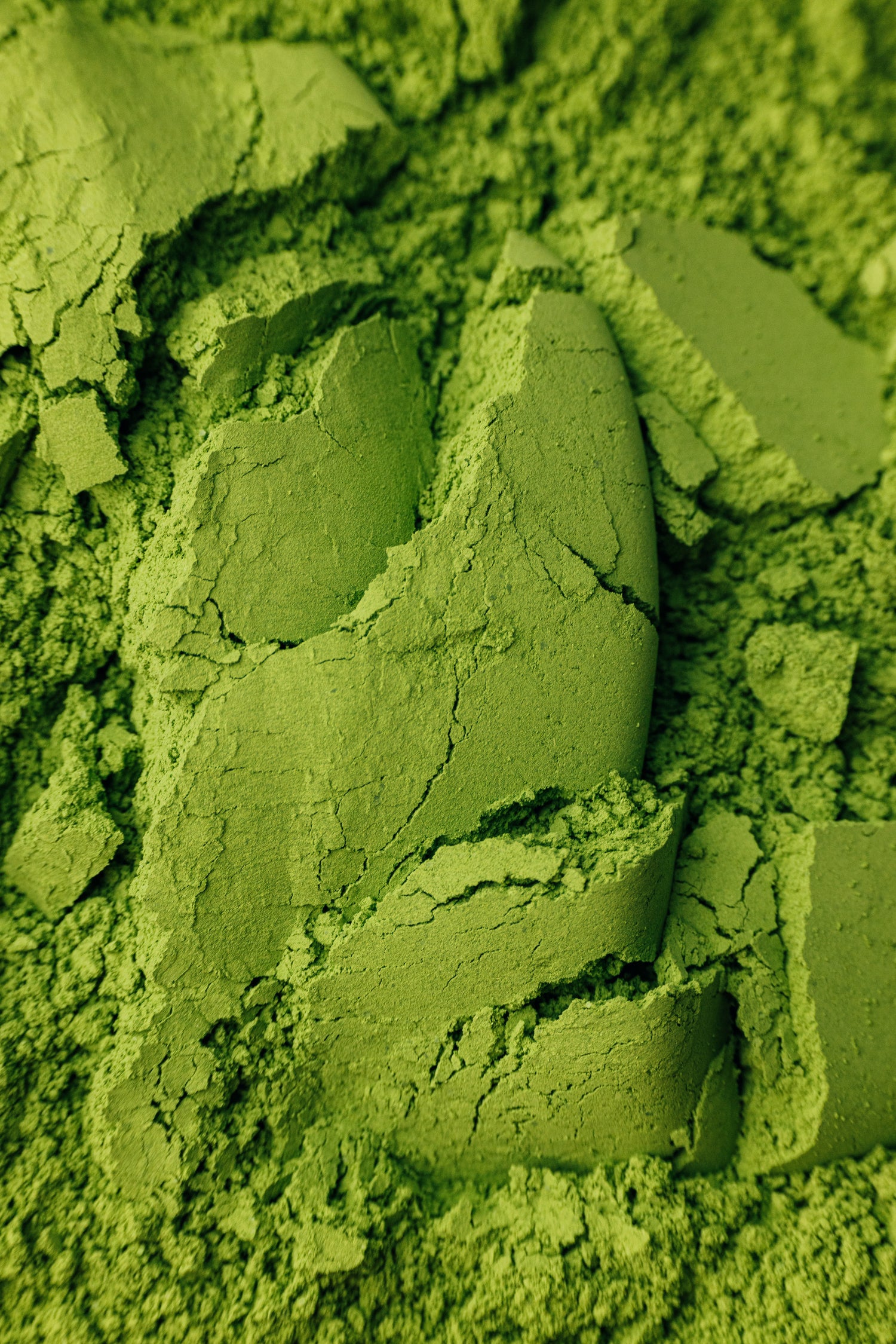Coffee consumption has increased dramatically in recent times. Coffee is now consumed by almost 70% of the world's population, making it more popular than ever! No wonder, it's not easy to resist the smell of freshly roasted coffee.
Even if matcha is not quite as popular as coffee, the superfood is becoming more and more trendy. In contrast to coffee, matcha can do so much more and isn't called THE healthy coffee substitute without a reason.
The comparison:
Coffee
What are the benefits of coffee?
Natural coffee made from whole coffee beans actually contains a large amount of antioxidants and is therefor linked to the reduction of many diseases, especially cardiovascular dysfunction. After a few hours, coffee increases the level of adrenaline in the body. Adrenaline increases the oxygen circulation in the cells, which leads to an energy boost. The antioxidants help the body get rid of free radicals, which are one of the main causes of aging and inflammatory processes. A cup of coffee contains 1000 mg of antioxidants, which is 1/4 of the daily norm. Coffee drinkers are said to have a lower risk of liver disease and type 2 diabetes.
Coffee also contains various micro and macro nutrients such as magnesium, potassium, phosphorus, manganese, vitamin B and organic acids.
What are the dangers of coffee consumption?
This depends on the amount that is consumed. Caffeine affects each body in different ways and is dependent on the type of nervous system. Even a small amount of caffeine can often lead to the destruction of nerve cells.
One of the biggest negative effects is that coffee can disrupt sleep and cause anxiety. Being overly sensitive to caffeine can lead to nervousness, heart palpitations and can even worsen panic attacks. In these cases, you should definitely avoid coffee altogether.
Coffee is also, as most of us have probably noticed, addictive! When people consume caffeine on a regular basis, tolerance increases and a larger dose is required to get the same energy-boosting effect.
It's also important to not drink coffee during a meal, because such as black tea, it contains theine that can reduce the absorption of minerals and vitamins during digestion. In addition, too much coffee consumption can lead to hyperacidity of the gastrointestinal tract, which can also affect our skin.
Matcha
Matcha has been used in traditional Japanese tea ceremonies for a long time. The very fine powder is grounded green tea. It comes from the so-called Camellia Sinensis plant, from which black and other types of green tea are also made. When cultivating matcha, the leaves have to grow in the shade. This process increases the levels of amino acids and chlorophyll in the leaves, which is also what gives Matcha its beautiful light green color.
Matcha is very rich in antioxidants. In fact, the value is much higher than in coffee and regular green tea! Matcha also helps to stimulate the metabolic process and is said to have cancer-fighting and liver-protecting properties! Furthermore, the powder contains a lot of fiber, as well as nutrients such as vitamins A, C, potassium and chlorophyll, which are particularly good for the skin.
Because matcha is made from whole leaves, it contains caffeine similar to coffee.
But while the caffeine in coffee enters the blood circulation within 30-45 hours, for matcha this process takes 6 to 8 hours, which is a big plus. This prevents high adrenaline and insulin rushes, which only put the body under unnecessary stress.
Conclusion: coffee in moderation is not a bad companion, but cannot keep up with the good ingredients of matcha.


